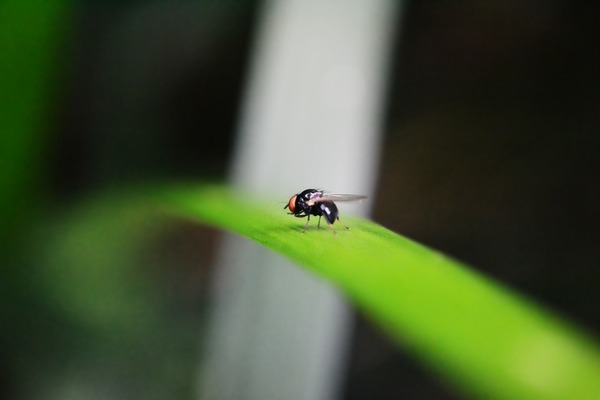The Effects of Ezetimibe on Triglyceride and Alanine Transaminase Reduction in Drosophila Melanogaster Model of Nonalcoholic Fatty Liver Disease (NAFLD)
(1) American Heritage School, Plantation, Florida
https://doi.org/10.59720/19-029
Nonalcoholic Fatty Liver Disease (NAFLD) is a condition where a surplus of triglycerides or fat are present in the liver. The mechanisms leading to NAFLD are variable and poorly understood; however, it is known that high cholesterol, obesity, poor diet, and diabetes are risk factors for fatty liver disease. NAFLD has been previously induced in Drosophila melanogaster through the administration of a coconut oil-based diet, establishing this as a useful model to study the disease and possible treatments. Researchers monitor the progression of the disease through measuring triglyceride levels or alanine transaminase levels, two markers of NAFLD. In this study, ezetimibe, a cholesterol lowering drug, was used to treat flies modeling NAFLD. It was hypothesized that if ezetimibe was tested in a model of NAFLD in Drosophila melanogaster, ezetimibe would effectively lower triglyceride and alanine transaminase levels, two markers of the disease. Flies were held in vials with either a high fat diet or a control diet and were then transferred to control diet vials with or without the drug treatment. Flies were assayed every day over a period of five days and two datasets were collected. Compared to the coconut oil fed flies that were transferred to the control medium, the flies transferred to the control medium treated with ezetimibe showed a decrease in their triglyceride and alanine transaminase level.
This article has been tagged with: